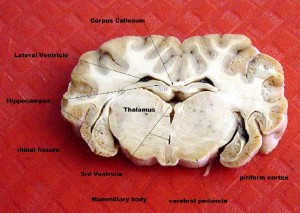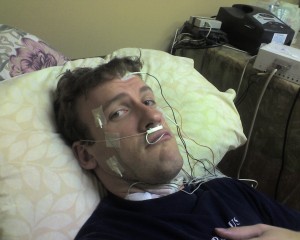Most people believe that chess masters are unusually intelligent because they are capable of playing a complex game like chess at a high level. However, evidence showing association between any kind of intellectual ability and chess skill has been strikingly limited. There are however, some studies which suggest high level of logic is required to play chess at an advanced level. In comparison, chess programs which rely on logic perform extremely well and can beat any human. Search trees used by computer programs calculate and prune millions of position a second to find the best moves. How well a chess player prunes and calculates moves may be a gateway to determining if chess players are indeed superior to non-players.
Credit to youtube user “rumpsessions”
Chess has been played by many people since it’s introduction in Afghanistan back in 600AD. The nature of the game is based on logic and involves perceptiveness among other skills. So why don’t some studies show any correlation between Intelligence and game mastery? It is because of pattern recognition and experience. A pioneer in empirical studies of the thought processes named De Groot performed an experiment in which he asked world-class chess players to think aloud while they selected their next move for an unfamiliar chess position. What he found was that World-class players and normal players did not differ in the speed of their thoughts or the size of their memory capacity. It was their ability to recognize promising potential moves based on their extensive experience and knowledge of patterns in chess. This idea was further solidified by Simon and Chase when they echoed a similar result by saying experts acquire a large number of patterns and use these patterns as stored knowledge to filter their moves in real-time games.
Although some studies suggest no correlation or negative correlation, there have been recent studies which do show that chess players might have intellectual superiority over non-chess players. For example, a newly published analysis reports that, while there doesn’t seem to be any correlation, it does not mean chess expertise stands in isolation from intelligence. In a study by Roland Grabner, he writes “there are now findings that expert chess players display above-average intelligence, that their playing strength is related to their intelligence.”This might be a glimmer of hope for chess players who are seeking to gain some prestige by playing chess. Incidentally, most research studies that have focused on this issue have noted one similarity among top chess players and that is that they play frequently. They also suggest that chess players who learn the game quickly and rise in ranking are the ones with unusually high IQ.
credit to youtube user “advocatehealthcare”
Chess programs perform similarly to the suggested human results of the studies. That is, stored positions in a chess program greatly influence the strength of the program. For example, most chess programs have a built in opening book which perform the initial “set up” of moves in a game. Statistics have shown that when the right opening book is used, this can increase its rating significantly. This concept of storing patterns(in humans) or positions (chess programs) is probably a key factor in determining how well a machine or human plays.
This is a hotly debated issue with research suggesting both sides of the argument. This is probably because the definition of intelligence, and therefore the IQ tests used to acquire the level intelligence, are murky. Majority of the research suggests that stored memories of previous game positions are key to becoming a better player. This is also true for chess program because they use stored positions. Until the real truth is revealed, we can only practice till we are perfect.
By: Imran khan
















